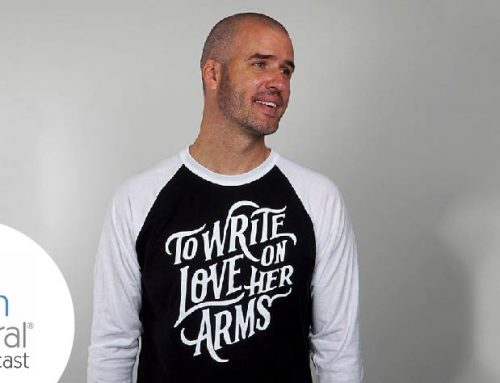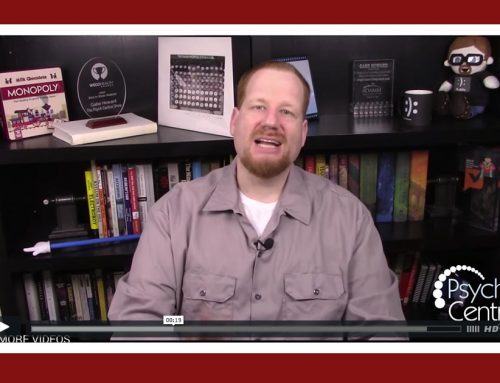When someone suffers a serious head injury, post-traumatic amnesia (PTA) is a common side effect. This typically involves the injured person having no clear continuous memory of recent events, including those surrounding their accident.
They may have difficulty remembering events from a few minutes up to a few hours in the past and may talk and behave in ways that are bizarre or out of character. While PTA commonly occurs following a head injury that knocks someone unconscious, it can also be an issue even if the person never loses consciousness.
If a friend or relative has suffered a head injury, it is important to know what signs to look out for, so you can help to identify if post-traumatic amnesia is an issue and make sure they get the help they need.
Common signs of post-traumatic amnesia
The main symptom of PTA is the associated memory loss. Typically, someone with PTA will be able to recognize friends and family, but will struggle to understand what is going on e.g. that they have been in an accident or are in hospital. This can obviously be very distressing for the injured person, so it is important to be calm and reassuring.
Other associated symptoms can include confusion, anxiety, uncharacteristic behavior such as aggression and loss of inhibition, a tendency to wander off and, in some cases, inability to recognise familiar people.
Treating post-traumatic amnesia
PTA is a normal stage of recovery for many people following a brain injury and will usually pass by itself. The key is to manage the problem and avoid any potential for the injured person to hurt themselves further while helping to prevent them from becoming unduly distressed.
As a friend or relative, one of the most important things you can do is to be calm, supportive and patient. If your loved one can see that you are upset or annoyed with them, it can add to their distress as they will likely not understand why you are reacting in this way.
It is also advisable to make sure someone is with them, at all times, to help ensure they do not become a danger to themselves as a result of their confusion.
How long does it take to recover from post-traumatic amnesia?
Depending on the circumstances, PTA can last anywhere from minutes to weeks, or even months in exceptional cases. If the problems persist after a few weeks, this may be a sign of a deeper problem due to the results of the brain injury and will likely need further treatment.
Make sure your loved one has the support they need for post-traumatic amnesia
When a loved one suffers a serious brain injury, they are likely to need extensive treatment and care, as well as potentially medication and specialist equipment. They may also have to take time off or give up work and their ability to live independently may be seriously limited. Claiming brain injury compensation can therefore be essential to make sure your loved one gets the support they need.
IBB Claims highly experienced personal injury solicitors can guide you through the entire process of claiming compensation for post-traumatic amnesia, helping to ensure your loved one can get all the help and care they need to rebuild their life.








